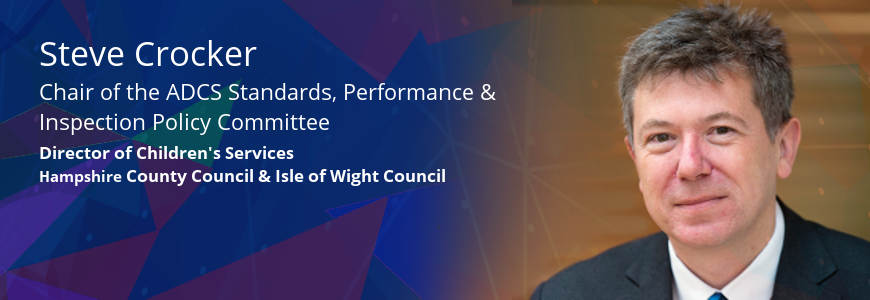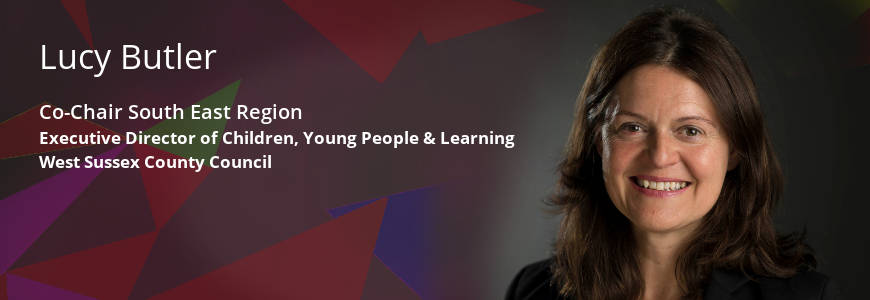Navigating a time of change

Looking outside at the spring sunshine it feels like change is in the air, although as I’m in the North East it’s still a bit chilly. This is my first blog since being elected as ADCS Vice President and it’s a huge honour to take on the role supporting Steve Crocker in his Presidential year. There is a big agenda to tackle, and Steve set out the ADCS position and priorities clearly in his excellent inaugural Presidential speech.
Underpinning everything is the impact of endemic poverty, the pandemic and the cost of living crisis on the daily lived experience of our children and families which must be addressed through national policy. Steve’s call for us as a society to prioritise our children and young people is critical but it requires a joined-up policy agenda with clear accountability at the heart of government. We cannot achieve our ambitions for children unless this is put in place urgently with outcomes for children and young people central to ‘levelling up’ plans.
Whilst there is still a lack of a clear joined up national plan it is really encouraging to see the direction of travel of the recently published schools white paper and the green paper on SEND and Alternative Provision. The alignment and systemic approach that has been taken opens up real opportunities to develop a genuinely inclusive education system and to remove some of the conflicts that currently exist in the system. When the Independent Review of Children’s Social Care is published, I hope to see further join up to consider the lives of children holistically and remove some of the silos that have existed for far too long.
In a time of change with multiple new national policy positions we also need to be clear about how that ambition is translated into reality to improve the lives of children and young people. We know from experience of past legislation that implementation is crucial, and the devil is in the detail. We cannot afford to get this wrong again and it’s important that a breadth of voices are fully involved as we move into the next phase.
That brings me to the workforce challenges that we face across multiple service areas. We can have the best plans in the world but will be unable to deliver them without addressing the workforce sufficiency challenge which continues to be most stark in social work. To enable our social workers to achieve high quality relationship-based practice we must ensure manageable caseloads that allow for quality direct work and the time and space to build strong relationships.
To do this we must understand the structural and environmental challenges to workforce sufficiency and address them through a national strategy. This needs to include, amongst other things, the role of agencies, the profile of the profession, and an area that I think has been neglected around retention. Of course, better investment in our workforce from national government is the common thread that runs through all of these points. Our social workers are amazing, working in exceptionally difficult circumstances and we must give them the right environment in which to practice.
Related Blog Articles
At the recent ADCS policy seminar I was asked by a fellow Director of...
In Workforce
Earlier this year I had the pleasure of joining members of ADCS Council of...
In Funding
As I’m sure many of you will have noticed, the highly anticipated Scottish...
In Care
Blackburn with Darwen has found itself in the media spotlight recently. The high...
In General
In 2011, the Munro Review of Child protection was published, entitled A Child...
In General
For many of us it will have been some time since we heard those words in an...
In Leadership
As we move into spring it’s a time of change and I have the privilege of...
In General
For the umpteenth time in the last few months I have read articles by...
In General
I am an optimist. I’ve also got a strong tendency to look forward and not...
In General
This week I attended the annual social work conference in Swindon. It was a...
In Care
If, like me, you have juggled home working with periods of home schooling, you...
In General
‘Can’t get one for love nor money’. This is a phrase frequently used by...
In Workforce
This is the final ADCS blog-spot in October, when we celebrate Black History...
In General
Is it me, is it the South-East, but have all the workers disappeared? And when I...
In Workforce
It truly is a privilege to be a public servant, and together with colleagues and...















